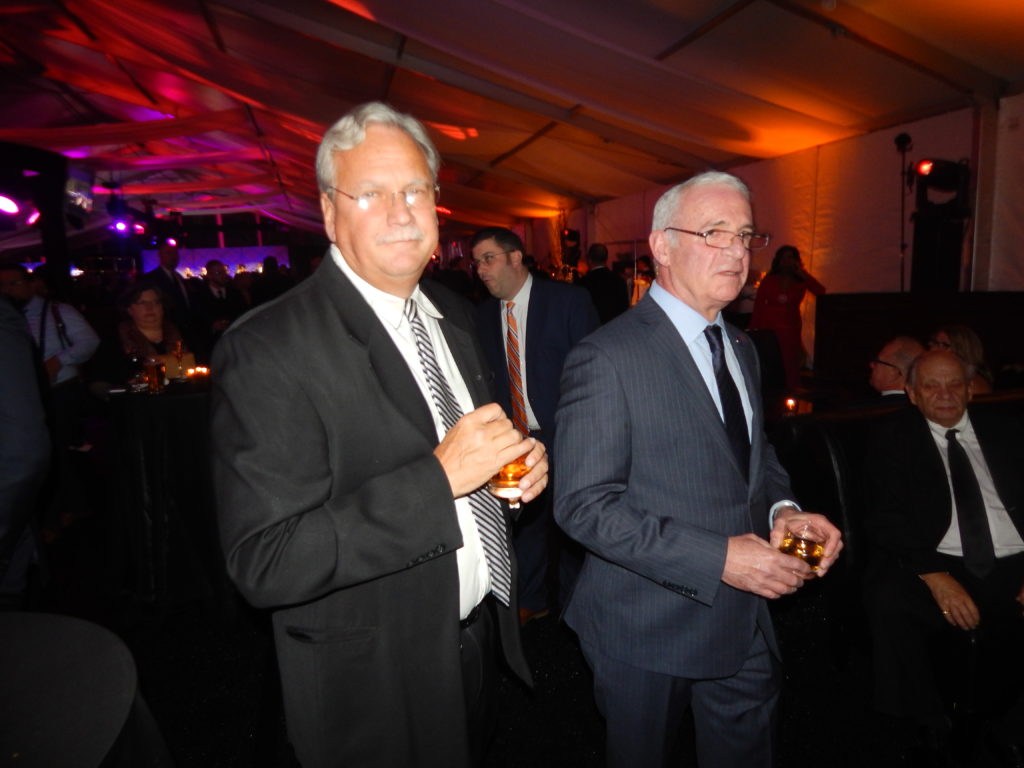NJ Sierra Club Gives NJ Transit Web Site a C Grade

NJ Sierra Club Gives NJ Transit Web Site a C Grade
New Jersey Transit’s web and mobile apps received a major facelift in 2020, making it much easier for its riders to get accurate, up-to-date travel information. However, enough problems remain that the NJ Chapter of the Sierra Club, which last year released two Clean Transportation for All reports highlighting major problems with the websites, only gave the improved sites a C grade in its review of the changes.
“We need to make NJ Transit more commuter friendly, which will help increase ridership. Instead, commuters have to navigate through different websites, apps, and schedules for different locations or transit options. This means that it takes people longer to get to work. The Sierra Club identified some of the problems with NJ Transit buses and presented solutions for those problems while making NJ Transit more accountable for their bus riders. We found that with more coordination and transparency, New Jersey Transit’s system can run more efficiently,” said Jeff Tittel, Director of the New Jersey Sierra Club. “This is not just about riders, it is about customer experience. We need to make the system work better for people who use it. Getting people to work on time also helps the economy because it helps people be more productive.”
The initial reports released in February 2020 (which can be accessed here and here) noted that the web and mobile apps failed to provide accurate, timely service information, had two trip planning apps that provided contradictory information, and failed to have a consistent “look and feel” between its web and mobile apps. In addition, the reports urged NJ Transit to develop and promote a “Frequent Service Bus Network” on busy corridors where headways would be 15 minutes or less all day, and to expand the scope of the web site to include all public transit services, including publicly subsidized transit services operated by private companies such as Suburban Transit, Academy, Lakeland, DeCamp and others.
According to Bill Beren, Chairman of the Sierra Club’s Transportation Committee, “New Jersey Transit has been very receptive to the findings and recommendations in our reports, and we have had several very productive meetings with managers from Government Affairs and Bus Operations departments. We are encouraged by the improvements made in the last year, and believe that NJ Transit is committed to further improving its website. We hope that NJ Transit will address the remaining issues in the coming year.”
In a newly released update of these reports, NJ Sierra Club graded the revised sites on the 9 major factors.
The most improved function is NJ Transit’s Alerts & Advisories – all out of date notices have been removed, they are more easily accessed, and the direction of travel of diversions are now provided. However, alerts dealing with service disruptions are still not prioritized over general service alerts, and the alerts are not yet integrated into the trip planning tools.
Trip planning on the website and mobile apps has also been improved, but significant problems remain, particularly related to bus routes. The trip planning app is rail oriented, is not customized for bus or multi-modal trips, and does not automatically link to relevant alerts and advisories. Similarly, the MyBus app needs additional improvements to make it a truly useful tool for bus riders.
“The most egregious shortcoming is the failure of NJ Transit to provide residents and visitors with a “one stop shopping” experience for all transit options in the State. County bus maps are provided only for 3 counties (Atlantic, Mercer, and Camden) and trip planning and route diversion information for non NJ Transit bus routes is still not available,” said Bill Beren, Chairman of the Sierra Club’s Transportation Committee. “Furthermore, the Sierra Club continues to advocate for development and marketing of Frequent Bus Service corridors, which has been shown to be an effective way to attract increased ridership in many cities across the US.“









